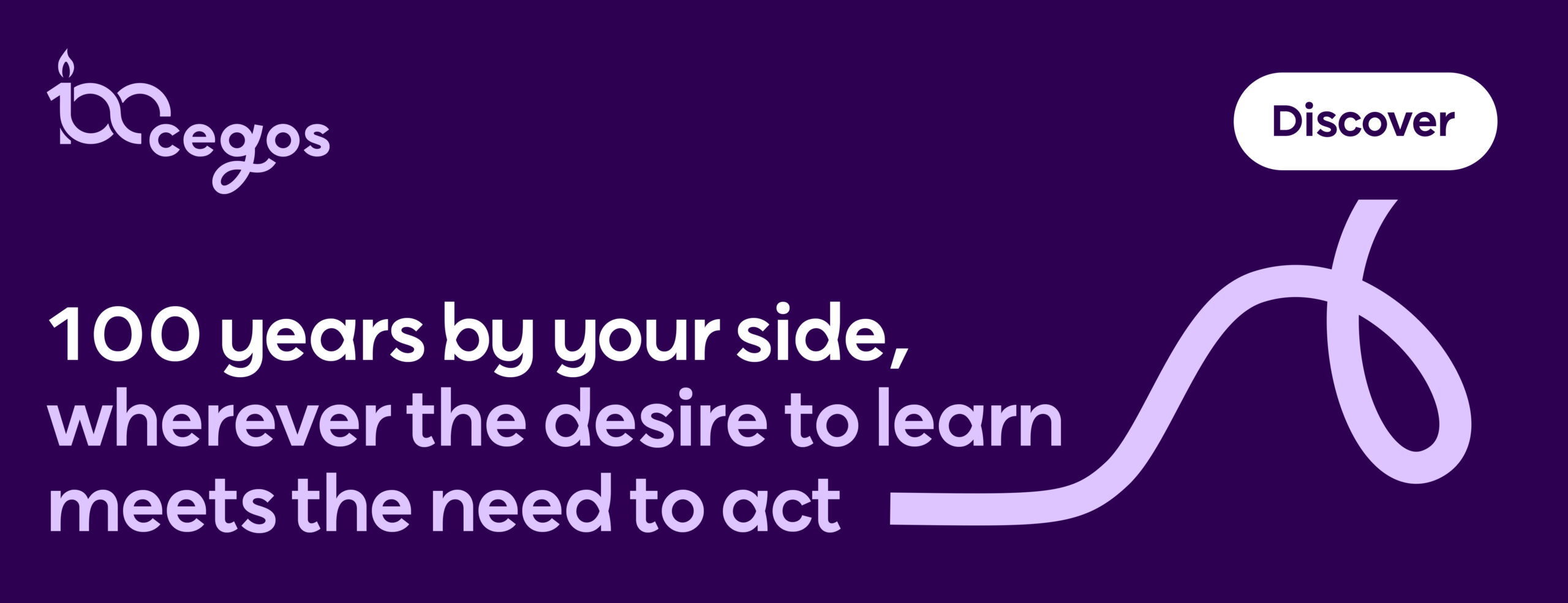

Corporate Social Responsibility (CSR) is a somewhat misunderstood term. In the past, it was seen as a charitable endeavour – an opportunity for the corporate world to ‘give something back.’
But with climate change and massive cultural shifts in society, CSR today has come to mean something entirely different.
This article targets people and organization that remain reluctant to the question of Climate change and Ecological transition. We hope to help them raise awareness.
What exactly is CSR?
The climate emergency has forced larger companies to seriously consider their impact on the environment. Industrial, transportation and fossil fuel companies are collectively responsible for emissions that heavily contribute to the rapid change in climate.
Similarly, some corporates have been accused of exacerbating poverty by accepting poor working conditions and meagre salaries for the people who produce their goods.
CSR is a tool made up of three elements. It covers a company’s relationship with social, government and environmental factors and the impact their activities have. If you are building houses, for example, your activities have an impact on both the environment and the local community. CSR is all about understanding the effect of those activities and then finding a way to change those activities that negatively impact the world around you. You can decide either to compensate, to reduce or to drastically change the way you are doing business.
CSR: A force for good
Indeed, many governments are waking up to the importance of implementing CSR initiatives. So much so, that some are even regulating for it.
The European Union, for instance, has introduced CSRD – a ruling whereby companies with over 250 employees must report annually on the impact of their commercial activities on societal and environmental factors. In the report, they must demonstrate what they are doing to compensate for any negative impact. The initiative is heavily linked to UN’s sustainable development goals .
In the past, companies only had to report on their financials and compliance. This new directive may be burdensome and costly, but it is expected to have a significant effect on ensuring companies take their responsibilities seriously and apply necessary actions. And they must all do so in the same way, so that customers, clients, partners can compare progress or, conversely, a lack of initiative.
But some companies did not have to wait for that new directive to show off their CSR credentials. Amongst all the positive incentives, the B-CORP initiative , recognises and validates companies that meet high standards of social and environmental performance, transparency and accountability. It is a voluntary-based certification that reaches, and even goes beyond, all the legal constraints proscribed by the public sector.
CSR challenges
Companies are now being forced to take a more ethical view of their business models. CSR certainly has a political edge, but ethics is central to the whole concept. CSR can be seen as a managerial tool to meet those ethical standards.
However, when companies are forced to change their business models to accommodate societal and environmental responsibilities, there is often resistance, especially from financial departments.
For example, when a company uses materials that leave a harmful trace on the environment, they should consider alternatives that are more eco-friendly or social-friendly. Today, we need to consider the long-term impacts. In some cases, whole plant may have to be replaced. It is easy to understand why the cost of such demands can be problematic.
But such investments will pay off in the long-term. Some financial institutions are taking a greener view and refusing to finance projects and businesses that have an outsized impact on climate or society. However, this is not always backed up with action, with many banks still financing fossil fuel funds.
Nonetheless, investing in eco and society friendly business models may actually be easier. It could even positively affect brand value and help companies compete against those who are seen, particularly by the younger generation, as a burden on their future.
The move towards CSR best practice
The answer to some of these challenges lies in taking the long-term view and accepting there will be little, if any, short-term result.
It’s very difficult for companies to think differently when they are under pressure from investors and shareholders.
However, there are solutions, particularly around the concept driven by the ‘regenerative movement’. This requires companies to aim for a true sustainable business model, rather than the constant need for growth, and the respect of all stakeholders (e.g., the planet, communities, suppliers, other living species on which the company depends…). This new way of practicing business is based on one key concept: if you generate a negative impact, always find a way to regenerate it, at least evenly. If you start thinking this way, a much broader view of the world that emerges, and a wide range of new initiatives comes into reality effectively. It is a new state of mind, broader than just CSR.
Leading by example
Let’s look at two companies with different culture and practices towards sustainability, but that can be both considered on their path towards sustainability.
The most admirable example is the Clothing company Patagonia that was founded by a visionary man with great values based on respect for the planet. This company mostly uses factories that are certified under the Fair-Trade Agreement. They also have schemes that benefit workers and use regenerative organic cotton in many of their products.
Another example, that may seem irrelevant, is Total Energies, the large French fossil fuels company which is quite controversial in this area of sustainability. Though, this company is preparing the next stage for its business with OneTech – a R&D unit dedicated to finding new ways of producing renewable energy to replace fossil fuels in the long term.
Conclusion
CSR tends to be viewed in some quarters with a political bias. Countries around the world do not all have the same approach to CSR and sustainable development, even when the UN provide a high-level global framework. However, the 17 sustainability development goals can be seen as an opportunity to accelerate change in companies that are not already using them.
CSR remains both an essential global approach and pragmatic tool to help companies and public organisations raise awareness and act seriously to make tomorrow’s world a better place to live as a global living community (understood as encompassing humans and non-humans) on Earth.
This article was written with the help of Neil Stoneham.
If you would like to know more about how Cegos Group can help your organisation implement effective CSR policies and training, contact us today.










